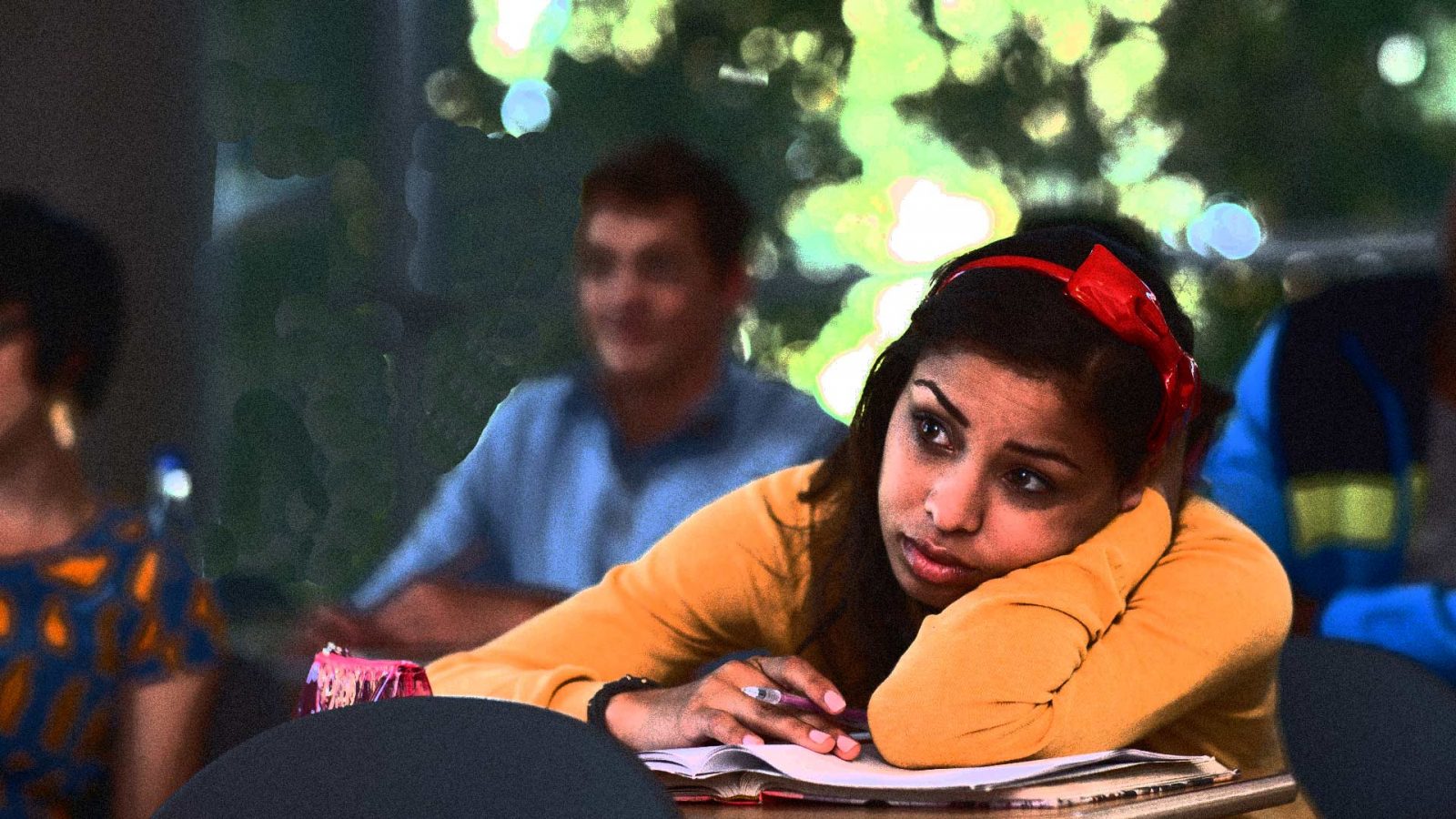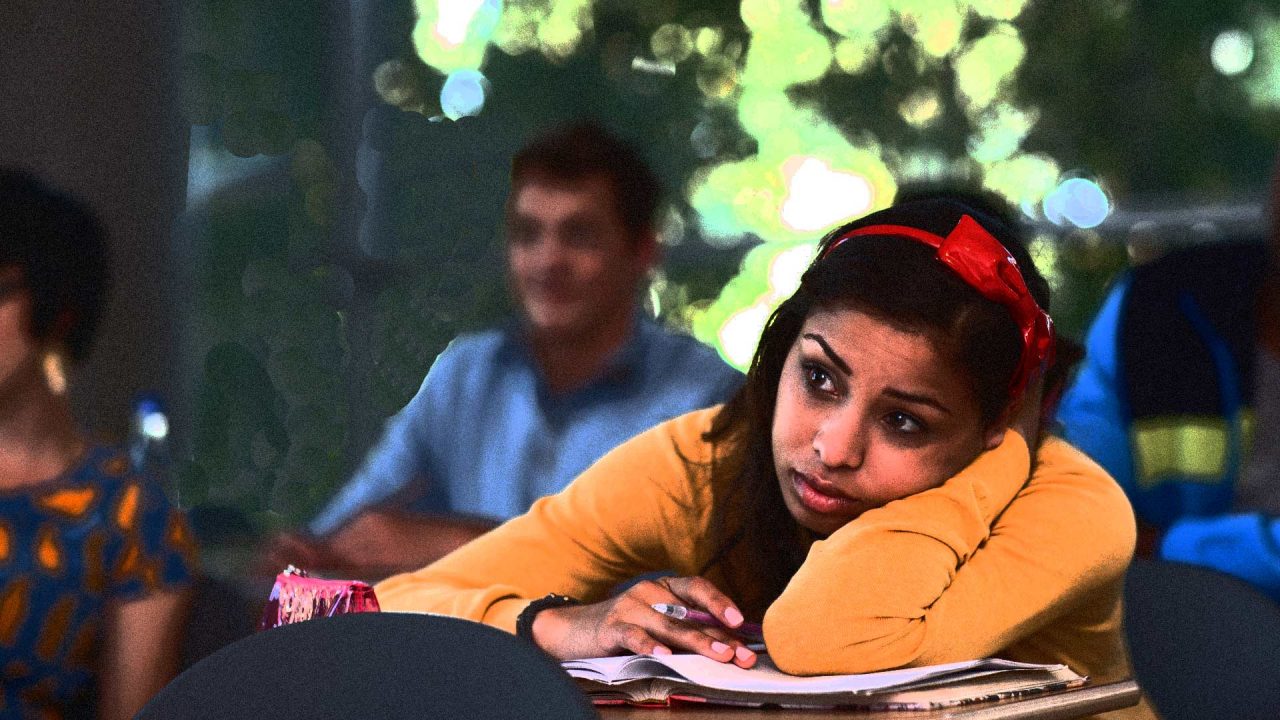
Education and knowledge translate into power. Education does not parallel economics or politics, but is the soul of society, and more fundamental than these others. Education determines people’s moral values, appearance, eating habits, the role of citizens; it shapes behavioral and subsistence strategies.
Today, unfortunately, there are several weak areas in the secondary education system in the United States and in Alaska in particular: the absence of a unified methodology for teaching, a lack of consistency in school policies, a weak academic curriculum (compared to other technologically advanced countries), and an often unsavory school environment. In addition, some researchers suggests that the U.S. educational crisis is more social than academic, including a remarkable indoctrination of our youth in the divisive “white privilege” and “critical race” doctrines.
Why do newly arrived immigrants to perform better in school than those who have lived in this country for three or four generations?
While some educational experts recommend American schools adopt aspects of our Asian and West European counterparts – longer school years and more rigorous requirements – in order to raise the scholastic level of U.S. students, other researchers indicate that recently immigrated children of Asian, European and Russian origin are able to excel in the American school system as it exists. Despite hardships and limited knowledge of English and western cultural values, these children quickly adapt to their new school environments and rapidly excel within the first few years of schooling.
In the late 1990s, the California Achievement Test (CAT), for example, demonstrated that the performance of newly arrived students was exceptional. Their mean overall score on the CAT was in the 54th percentile, placing them just above the national average. Evidently, the lowest scores were found in the language and reading test, not surprising as English was their second language. In this case, the mean score was slightly below the national average.
…conservative moral values play an important role in the educational achievement of children.
How can we explain the remarkable performance of newly arrived immigrants in a foreign social and economic environment? What social stimulus equips newly arrived immigrants to perform better in school than those who have lived in this country for three or four generations? It appears some factors were parental encouragement, dedication to learning, family pride in educational excellence, a clear realization that education is the most important “instrument” for success in the highly competitive American society, collective consciousness among members of the nuclear family and most importantly, sustaining conservative moral values in the family.
Studies show that conservative moral values play an important role in the educational achievement of children. In my 18 years of teaching at the Alyeska Central School (a former correspondence school affiliated with the Alaska Department of Education and Early Development), my best and most outstanding students were from conservative, religious and traditional families.
On the national level, among Southeast Asians, for example, the Confucian and Buddhist code of behavior (harmonious relationships between parents and children, subjects and rulers, men and women, rich and poor) is a main source of motivation and direction in their life. The family is the central institution in these ethnic groups, where achievement and knowledge are admired and encouraged.
…to deal effectively with the crises in America and Alaska education, we must address the problem of professional educators who serve as frontline social activists.
Nowhere is the family’s commitment to education more evident than in time spent on homework. During high school, Indochinese students spend an average of three hours per day; in junior high, an average of 2.5 hours; and in grade school, an average of 2 hours per day. Research in the U.S. shows that American students study at home about 1.5 hours per day at the junior and senior high school levels. Studies also found that parents who attributed greater importance to fun and excitement than to education had children who achieved lower grade point averages: 2.9 as opposed to 3.14. The result for children of parents who valued material possessions more highly than education were similar: GPAs were 2.66 versus 3.19.
It is essential to remember that school is not an entertainment center, but an institution where teachers share their knowledge with students in the most harmonious, professional and effective way. A teacher is the fundamental “instrument” of education. No brilliant policy, effective administration or sophisticated technology will ever replace the harmony of teacher–student relationships.
If we want to deal effectively with the crises in America and Alaska education, we must address the problem of professional educators who serve as frontline social activists for radical political groups that seek to indoctrinate and brainwash our youth in neo-Marxist ideology — such as today’s popular and divisive “white privilege” and “critical race” doctrines.
ALASKA WATCHMAN DIRECT TO YOUR INBOX
For American schools to succeed, parents, families and communities must become more committed to the basic education of their children. Families, especially, must create within the home an environment conducive to learning by participating in the process so that their children feel comfortable learning, and then go to school willing and prepared to study.
On the other side, schools must reach out to the families and engage them meaningfully in the education of their children – identifying cultural and moral values and educational methods for success that might enhance students’ scholastic achievement. Schools must empower families by directly involving them in the educational process, providing support and training to parents when necessary.
Unconventional means of schooling such as correspondence studies with emphasis on home schooling should continue to be applied effectively in Alaska as a viable and family–controlled educational system that provides students with excellent instruction, a safe study environment and parental involvement that is critical key to children’s educational success.
The views expressed here are those of the author.
Click here to support the Alaska Watchman.








9 Comments
When I was got my high school diploma I tested in the top twentieth percentile in the entire nation as a young native woman. My mother attended a one room school four summer months a year and trapped from age six through 1946 to earn her keep. I did not watch TV. I went to the library twice a week and read everything especially the classics. My mother discouraged further education. She thought it would harm me socially and it has. We attended five religious services a week in Alaska. I had a teacher who was very close to our family and guided my reading lists every summer. Learning is lifelong.
Longest this country continue having the primitive idea of good society nothing going to change the religious people is the most corrupt and the most pervert and the most nasty people in this country they came from a whore piece and everything else then we need to put really clear that they conservative doesn’t exist conservative advantages that the only thing they do is they live from the free getting money from the people that really works
Thoughtful article. Thank you again for your insights about education.
Public school has too many school dances, what it calls field trips, and too many school spirit weeks.
None of it prepares the children for work.
Here Alaska suffers from not enough trade workers while its born and raised Alaskans don’t know enough to get trade certifications and work that trade their remaining years. Alaska doesnt need 4-year public university system, it needs a 1-year college offering trade certifications, since its Alaskan students 70% aren’t even ready for disciplining themselves to study a bachelors, or masters degree at 18, and I think the percentage is higher like 90%. Most Alaskans going back to college for a bachelor or masters are older non traditional students. In the meantime the younger adults need continued affordable and variety of trades options studying for a trade certification within a 1 week to year training period.
You know! All those 18 year olds coming out of Rural Alaska, if they don’t know what to do with themselves they can at least go get their certifications in construction, plumbing, electrician, building inspector, and care-giving working these fields until to old age. Cause right now! that’s what Alaska needs and employers will pay the certified employee well enough to buy their own home or take care of their own aging illiterate parents with money to take care if themselves.
Very true!
I take issue with much of this article. It is not secondary schools that lack, it is PRIMARY education. It is not having a “family that supports you” ugh that is disgustingly simplistic and not critical for academic excellence, as if a single parent household or an orphan is doomed to fail. Without learning CONCEPTS, without learning to extrapolate information to a conclusion, without critical thinking, without learning how to access information and resources, and without application of these principles into kinetic form, humans will fail. I worked at an Eng SecondLang center. Eager learners, most already understood the concepts of word conjugation and simple changes for past, present, and future meaning. I stand by my challenge for any Alaskan adult to pass the 4th grade reader in McGuffeys series circa 1837, 38cents.
Critical thinking? If thinking is not critical, then it is not thinking.
My mother was an outstanding primary/elementary school teacher for 32 years. She taught basic and fundamental skills to her students; and none of these bumper-sticker concepts. If our primary school teachers just do that, we would be in a much better place in our education system today.
Primary schools have failed for 2 reasons. First the teachers unions. They have done nothing but complain about MORE money while doing less and less to actually teach our kids. 2nd the standards have been lowered so that immigrant children can keep up with the smarter white kids. And somebody is going to get triggered but this is a statistical fact. The IQ of white kids in schools has dropped drastically since no child left behind and common core. And then they go to college and the professors make them even dumber. I say get rid of the teachers unions and give all parents SCHOOL CHOICE. Like trump was doing before this clown stole the Whitehouse